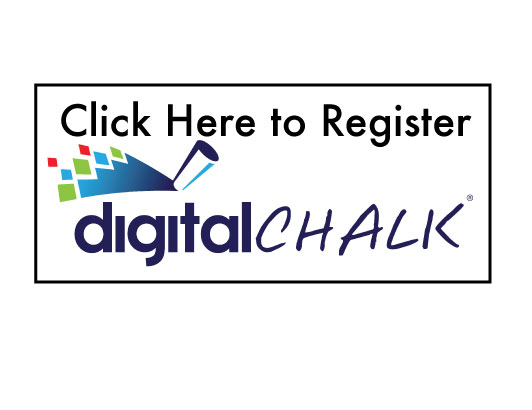RREACT – Rapid Response Emergent Assessment Critical Thinking Certification
Course Description:
This course presents a variation of conditions or complications that can lead to worsening of condition or life-threatening complications. Emphasis is placed on signs and symptoms and early recognition and decompensation as well as rapid response team activation.
The course is based on guidelines from the American Heart Association, New England Journal of Medicine and the American College of Emergency Physicians for rapid recognition and identification of changes, worsening and deterioration of patient conditions.
Joint Commission National Patient Safety Goals have placed emphasis on early recognition and response to changes or worsening of patient conditions in health care settings. This certification provides scenarios for recognition of emergencies within health care and hospital settings.
- Certification / Certificate of Course Completion upon successful completion
- Certification is confidential, repeat at no additional cost
- 50 questions; successful completion 85%
- 4.0 continuing education contact hours
- Renewal 2 years
Course Goals and Objectives:
- Improve patient safety within hospitals through education focused on early recognition of changes, worsening and deterioration of condition
- Improve communication among caregivers through accurate relay of information during care provider report exchange
- Improve response to worsening of patient conditions and activation of Rapid Response Teams
- Improve patient outcomes and improve patient and family satisfaction
- Reduce medical errors through improving recognition and response to worsening or deterioration of patient condition
- Reduce the number of days a patient is hospitalized through recognition of changes in patient condition
Course Topics and Content:
Early recognition of changes and life threatening conditions:
- Early recognition of sepsis
- SBAR as a form of hand off communication
- The advantage of walking rounds for communication / report exchange
- Improvement of communication among caregivers
- Improve recognition of changes, worsening and deterioration of condition
- National Patient Safety Goals and Joint Commission
- Rapid Response Teams in hospitals
- Stroke early recognition
- Chest pain early recognition
- Acute respiratory distress
- Recognition of respiratory failure
- Anaphylactic reactions and recognition
- The use of EpiPen, EpiPen Jr and Epinephrine
- Sudden cardiac arrest and AED use
- Early recognition of DVT and pulmonary emboli
- Correct use and demonstration of Homan’s sign
- Falls and spinal immobilization
- Changes in mental status
- The use of restraints and consideration
- Assessment in changes in mental status
- Dehydration
- Abdominal pain, potential causes and assessment
- Hemorrhage control
- Epistaxis and uncontrollable unseen bleeding, early recognition
- Compartment syndrome
- Narcotic administration and respiratory depression
- The use of Narcan
- Equipment failure and reporting
- Diabetic emergencies
- Rhabdomyolysis recognition and indications
- Pediatric patient considerations
- Pregnancy and special considerations
Target Audience:
This course is designed to promote patient safety through early recognition of complications and changes, worsening or deterioration of patient condition. The course is based on guidelines from the American Heart Association.
The course is recommended for the following individuals:
- Nurses working with direct patient care
- Nursing students and new graduates
- Allied health professionals providing direct patient care
Course completion includes the following:
| Course completion certificate available upon successful course completion (available online immediately after course completion) | Wallet card with course information, requires card holder signature if printed. |
Registration Fee: $32.50
To register, click the link below.

